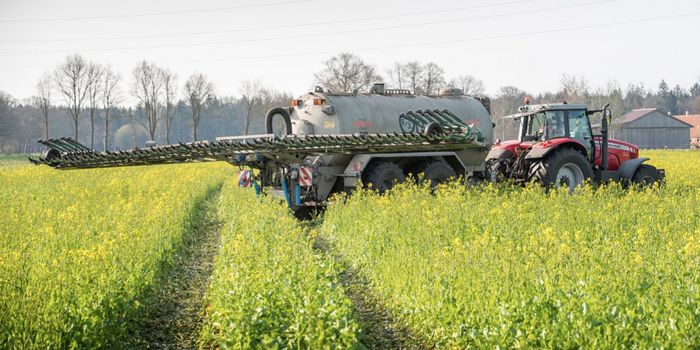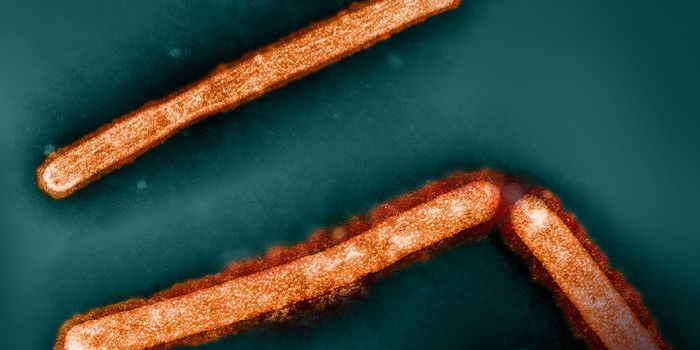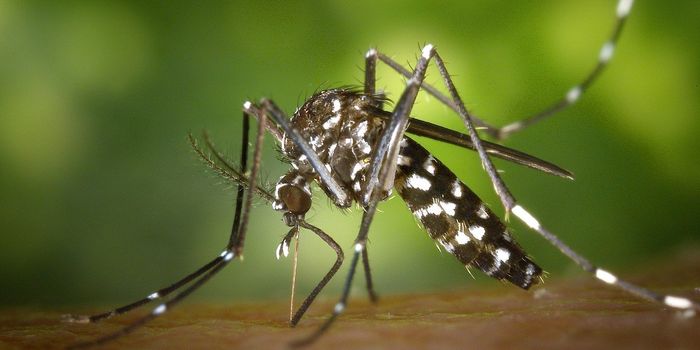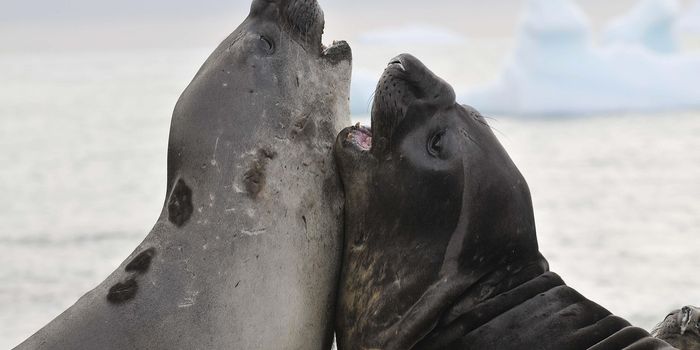Blueberries, Green Beans on 2023's Dirty Dozen List
Pesticides have long been a thorny issue among agricultural and environmental experts. While pesticides have been used to keep away organisms that could pose threats to important crops, they are still highly toxic materials. They can harm beneficial insects, contaminate soil and water sources, and even pose health risks to humans. In humans, specifically, they can lead to cancer and even have an impact on children and their developing bodies. As a result, learning that pesticides are found on our foods even after we wash them can be troubling.
The non-profit Environmental Working Group regularly posts their Shopper’s Guide to Pesticides in Produce, which provides consumers with insight into which foods have high exposure to pesticides and which are considered generally clean and safe to eat. Their 2023 list of “Dirty Dozen” foods with a high exposure to pesticides and their “Clean 15” foods with little exposure, was recently published. Unfortunately, a consumer and healthcare provider favorite food found its way onto the dirty dozen list, though many delicious foods remain on the Clean 15.
To gather information about pesticides found on these foods, researchers and staffers at the US Department of Agriculture (USDA) collected samples (about 46,000) from 46 different fruits and vegetables. They prepared the foods similar to how a typical consumer might, peeling, washing, and so on, before testing for a range of different pesticides. In all, researchers found over 200 different pesticides on the foods they tested. They even found evidence of pesticides that have since been banned by the U.S. federal government.
This year, blueberries and green beans found their way onto the dirty dozen list.
Blueberries, in particular, are revered for their antioxidant properties, which can help stave of inflammation and reduce the risk of conditions like diabetes and heart disease. Green beans, a nutrient and fiber-rich food, are also a favorite of nutritionists.
Other foods on the dirty dozen list include strawberries and spinach (which continued to hold the top spot) as well as kale, peaches, cherries, and grapes.
Fortunately, several nutritious foods remain safe to eat and relatively free of pesticides, according to the “Clean 15” list, which includes foods like avocados, pineapple, asparagus, and sweet potatoes.








